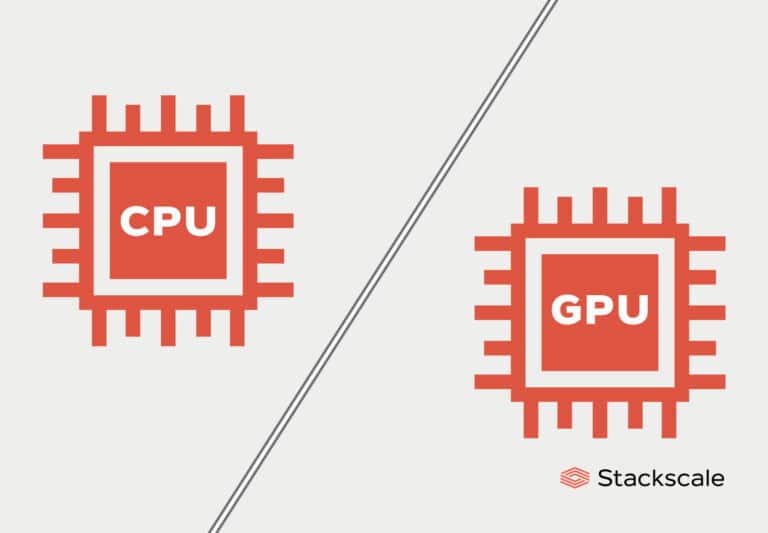Interxion — specialized in independent Data Centers for the accommodation of ICT equipment — has held the 2014 survey to providers of Hosting services and Cloud in Europe. Held for the second consecutive year, it was based on interviews to more than 400 companies (61 of them are Spanish), as well as managers in the Europe-wide IT sector. Its aim was analyzing the growth of the cloud services market over the previous year. The report also includes future forecast statements.
According to the study, cloud services continue to lead demand among users with 39% of the total; while traditional hosting maintains a high level at 31%. Both in Europe and Spain, companies are still in the process of adopting the cloud and relying on local suppliers for this migration.
Stackscale is one of the Spanish service providers that responded to the survey. The company born in 2012 with a focus on providing customers great technical platforms. Despite being a cloud provider, Stackscale offers its clients the physical infrastructure; but with the advantages of having a virtualization layer on top. The client manages the virtual environment and Stackscale is able to migrate said environment to another server if there is a problem. To overcome these barriers, Stackscale boasts SAMP, a software they’ve developed to allow you to monitor and automate services.
The study also highlights that most service providers are in a phase of transition between the traditional hosting and cloud services. For this reason, it was expected that the impact of cloud services on current and estimated revenue was significant. However, the study highlights that contrary to expectations, cloud revenues represent a relatively small proportion of current revenues, although respondents expect a significant growth in the next three years. Thus only 10% of respondents indicated that more than 60% of its revenues come from cloud, although this percentage nearly triples in 2016 estimates.
Another important conclusion is that service providers still prefer to have their own IT infrastructure located in their own data center or with a colocation provider, represented by 72% of the respondents. Half of them uses a hybrid infrastructure, mixing their own infrastructure with cloud services. It should be noted that a significant portion of respondents used the cloud as an alternative service for backup facilities.
While systems integrators are considered the main competitors of the hosting providers, the growth of global cloud platforms is causing a change in the perception and is already at a close second place. Given the pace of localization of these platforms in multiple European countries, there is also its growing influence in the local market.
Source: Digital Business News and CoBusiness




